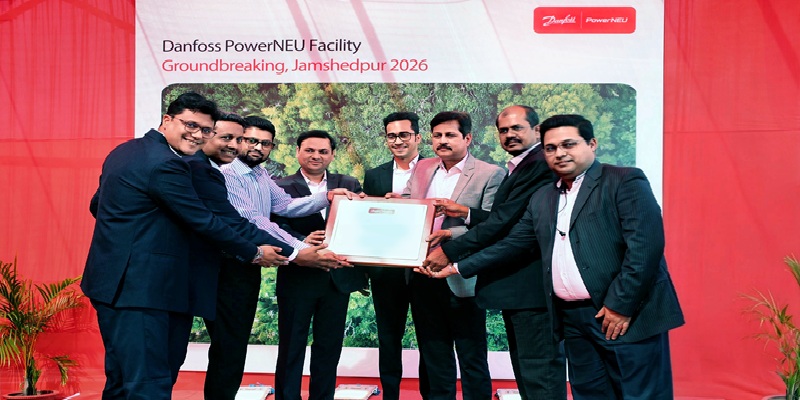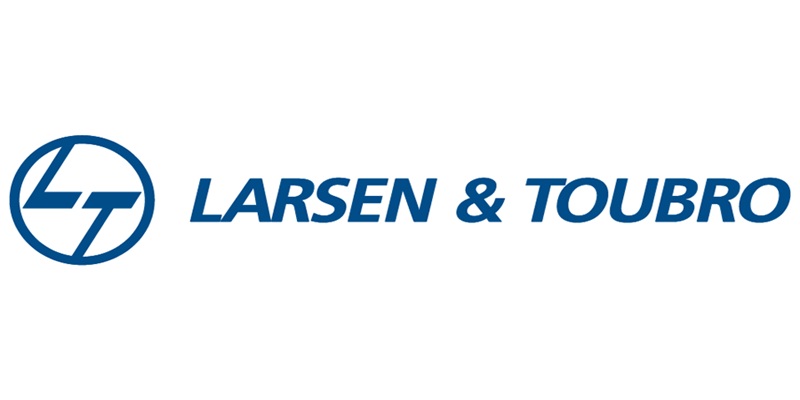Schedule a Call Back
Space startups struggle with limited ecosystem, face high component costs
 Industry News
Industry News- Nov 05,24

Related Stories

Garuda Aerospace Inaugurates Drone Battery Facility with DGCA Chief
Garuda Aerospace has inaugurated a drone battery manufacturing facility and a new academic block in Chennai, reinforcing its commitment to building a self-reliant and indigenous drone ecosystem in I..
Read more
Raghu Vamsi launches DeepTech plant, Unveils UAVs India Asia
Raghu Vamsi Aerospace Group announced a new DeepTech facility near Hyderabad and unveiled six India-made UAV and autonomous defence systems, backed by over Rs 1 billion investment, strengthening sel..
Read more
Raghu Vamsi launches DeepTech plant, Unveils UAVs India Asia
Raghu Vamsi Aerospace Group announced a new DeepTech facility near Hyderabad and unveiled six India-made UAV and autonomous defence systems, backed by over Rs 1 billion investment, strengthening sel..
Read moreRelated Products
Troop Comforts revolutionises military gear with indigenous innovations
Troop Comforts Ltd (TCL), a state-owned defence corporation, has recently received a request for proposal (RFP) from the Northern Command of the Indian Army for its indigenously developed military gea Read more
















